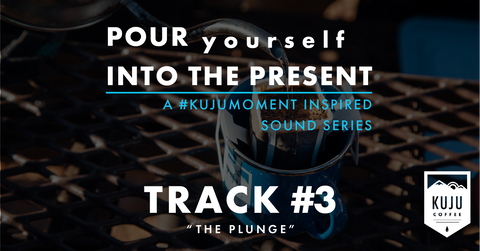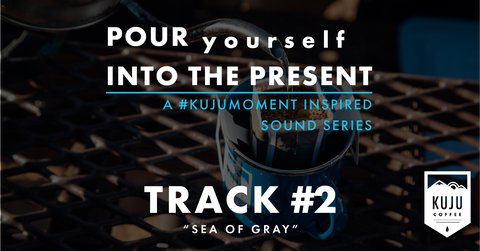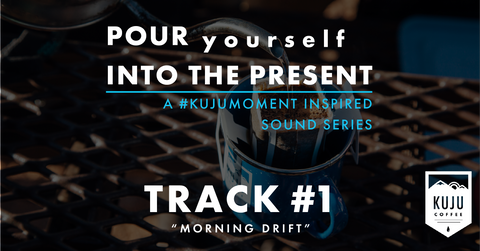If you're reading this, chances are you are a coffee drinker (us too!). And while many drink coffee for its incredible flavor, it can't be denied that many drink coffee for the benefits of caffeine. According to a study from 2014, an estimated 85% of Americans are consuming at least one caffeinated drink per day, and at least 68 million Americans drink three cups of coffee on a daily basis.
But when is a good thing too much? Just like anything else, there can be potentially negative effects if you don’t consume caffeine correctly. We've put together our favorite tips and tricks on how to consume caffeine (and coffee) in a healthy way.
Our top habits include:
- Limit caffeine intake to no more than 400 mg per day
- Get smart with your brewing and experiment
- Don't drink on an empty stomach
- Don't consume caffeine too late
1. Limit Caffeine Intake to No More than 400 mg Per Day
Too much caffeine can certainly be a problem. But how much is too much? While it's different for everyone, try sticking to no more than 400 milligrams of caffeine daily. This comes out to about 4 to 5 cups of coffee a day since the average cup of coffee has about 95 mg of caffeine.
Once again, everyone is different, but here are some symptoms you might feel if you've had too much caffeine:
- Jitters
- Anxiousness
- Headache
- Nausea
2. Get Smart About Brewing and Experiment
Coffee remains the largest contributor to to beverage caffeine intake, but within the world of coffee, different brewing methods extract both flavor and caffeine differently, and thus affecting the caffeine level in your cup of coffee. To figure out what's right for you, experiment with both different brewing methods and the coffee to water ratio. You might find that you can use less coffee per part water to satisfy your tasting needs.
Naturally, our favorite brewing method is single-serve pour over which extracts an average amount of caffeine at roughly 95 mg depending on which roast you choose.
3. Don't Drink Coffee on an Empty Stomach
Drinking coffee on an empty stomach can lead to anxiety, heartburn and indigestion or intense mood changes. To prevent this you can:
- Mix collagen into your coffee
- Eat something with carbs like bread or fruit
- Have your coffee with a food you enjoy (we love this because coffee makes so many foods taste amazing)
For a more detailed explantation check out: Coffee on an Empty Stomach
4. Don't Consume Caffeine Too Late
If you're finding that the coffee you drink is reducing the amount of sleep unintentionally, then you might find it helpful to know that caffeine suppresses adenosine — a chemical that causes you to be sleepy. According to a study, having caffeine 6 hours before bed can decrease the amount of sleep you get by one hour.
While this might be intentional, keep in mind when you drink your coffee and also remember that soda and tea also contain caffeine.
In conclusion, caffeine is not unhealthy, but too much of it can have negative affects depending on the person. Follow these healthy habits and you'll be on your way to continuing to enjoy your cup of coffee every morning.








